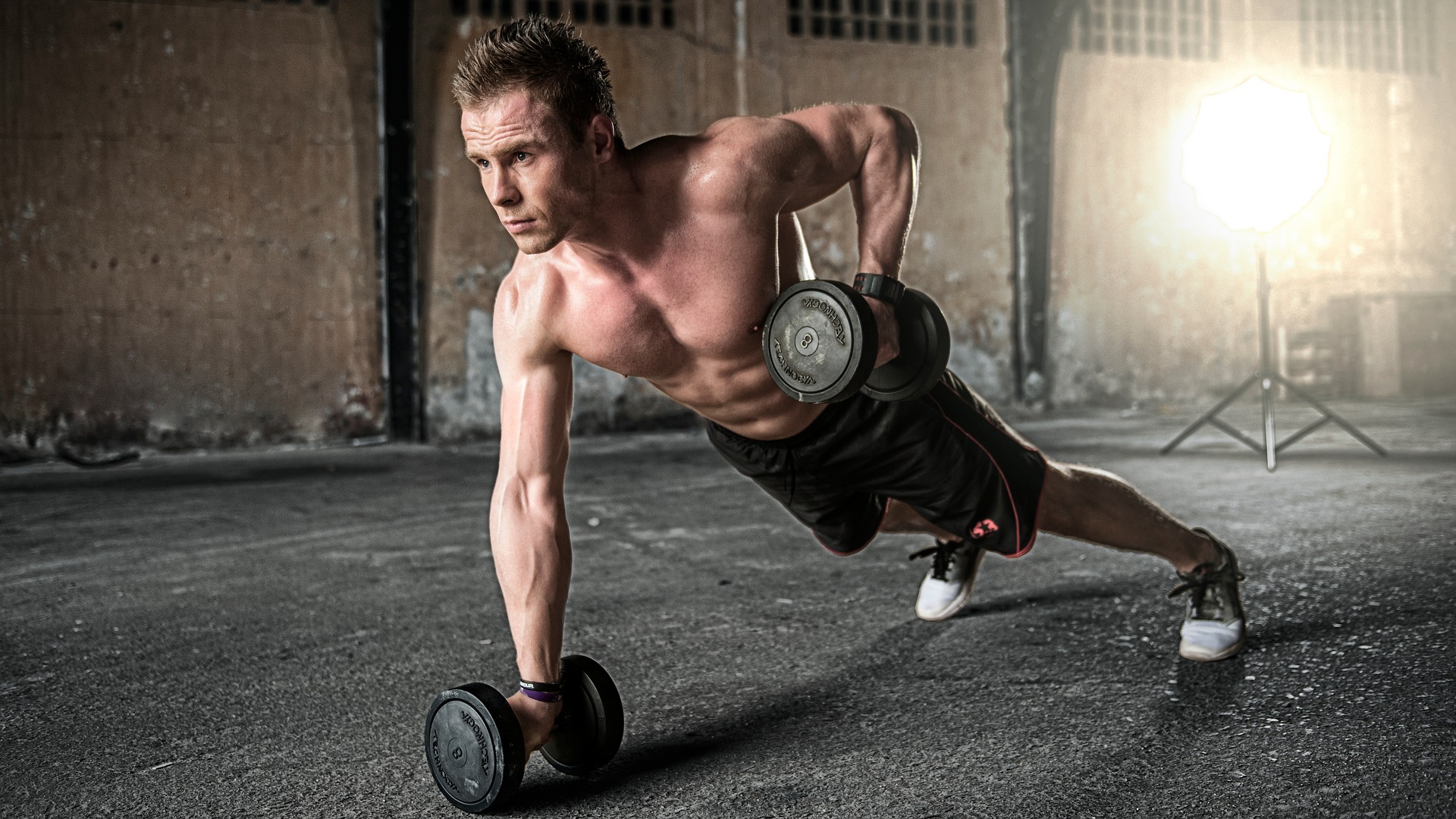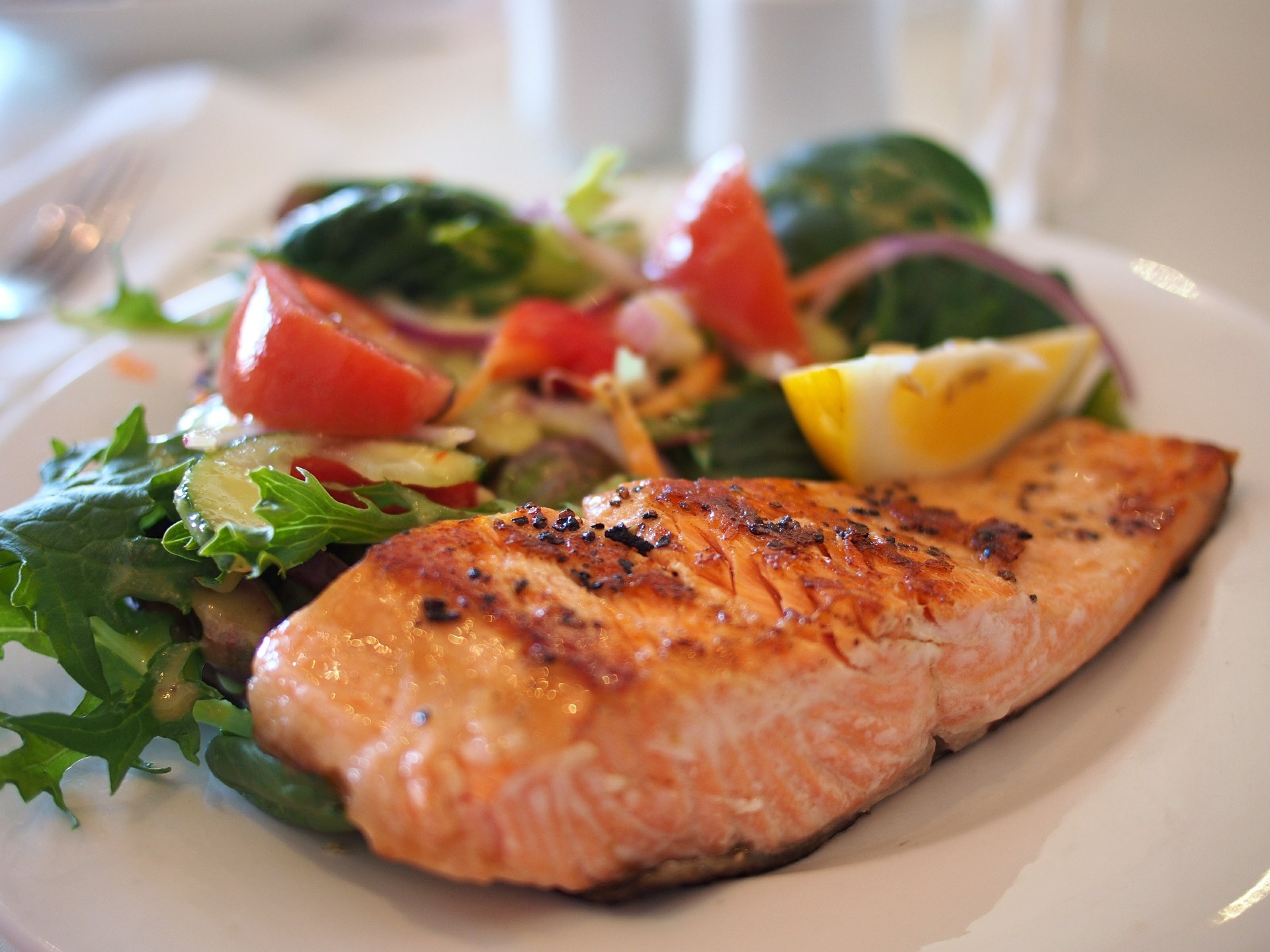Summer is getting closer and closer, and many already started their “bikini body” plans quite some months ago, but you still feel like there’s not the slightest hint of muscle on your own body. If you’re worried because you are still stuck in the same sedentary lifestyle, and stuffing your face with whatever ultraprocessed foods you have in your fridge, worry no more.
We are here to save you. You are still on time to achieve the summer body you have always wanted.

We all like to show off some muscle on the beach when summer shows up around the corner. If you are worried that you don’t look as toned and muscly as you would like, it’s time you follow these 10 tips to look beach-ready.
1. Maximize muscle production

How? The key to success is increasing your protein intake. Michael Houston, nutrition professor at the Virginia Tech University, states “protein synthesis is fundamental“. In other words, eat more protein-filled foods, like for example, eggs, chicken breast, milk, etc.
2. Increase your daily calorie intake
Apart from needing a higher protein intake for muscle production, you also need a higher calorie intake. Despite many being frightened of this fact because they think they will get “bulky”, a higher calorie intake is essential when building muscle because we need to find ourselves in an energy surplus in order for muscle to be produced.

“You can gain muscle strength simply through exercising the muscles more, but usually to gain muscle mass, what you need to do is up your calorie intake“, this is how accredited practising dietitian and sports dietitian, Chloe McLeod explains it.
3. Focus on the biggest muscle groups

If you’re still a rookie, it’s probable that almost any exercise you do will increase your protein synthesis. But if you’ve been at it for years, you will build more muscle mass focusing especially on your chest, back and legs. A good tip is carrying out exercises like squats, deadlifting, bench presses… It’s important you do a couple of series with around 10 repetitions, resting for a minute between each series.
4. The importance of liquids
A study carried out in 2001 by the Texas University concluded that those who drank a shake packed with amino-acids and carbohydrates before training had a higher protein synthesis than those who didn’t drink said shake.

Exercise increases blood flow, so drinking such shakes before training can lead to a higher amount of amino acid intake by the muscles. Also, Kevin Tipton confirms that “liquid meals are absorbed quicker”.
5. Rest when you have to
It has been proven by several studies that training with weights results in protein synthesis for up to 48 hours after you’re done. Your muscles grow with rest, not with exercise. So remember to rest when you need to, and don’t overdo your training; it is not necessary and will just lead to exhaustion and injuries.

This includes sleeping well. It takes roughly eight hours per night for proper muscle recovery to take place. This is because, during your sleep, your body releases human growth hormone. This helps muscles grow and keep stress hormone “cortisol” in check.
6. Carbohydrates
Carbohydrates do have a role in building muscle, however, according to Dr. Larry, it’s just a minor one. The important thing is to realize the importance carbohydrates have on your own body, as each body responds differently to them.

Be careful with carbohydrates, though, too many of them can overwhelm your metabolism. The best carbohydrates to focus on should always be low fat, like for example: sweet potatoes, brown rice, broccoli, lentils and beans, etc. The servings should still be kept to a minimum, if you wish to increase muscle mass. It’s important you make sure you’re eating the right kind of carbs at the right time of day.
7. Eat every two to three hours

Houston points out that “if you don’t eat frequently enough, you can limit the speed at which your body synthesizes new proteins“. Mario Fanzolato recommends eating four to five times a day. However, you shouldn’t stuff yourself if you don’t feel like eating; don’t force yourself if you’re not feeling hungry. It can be counterproductive, as it will make you feel sluggish.
Photos: Pixabay and Unsplash
